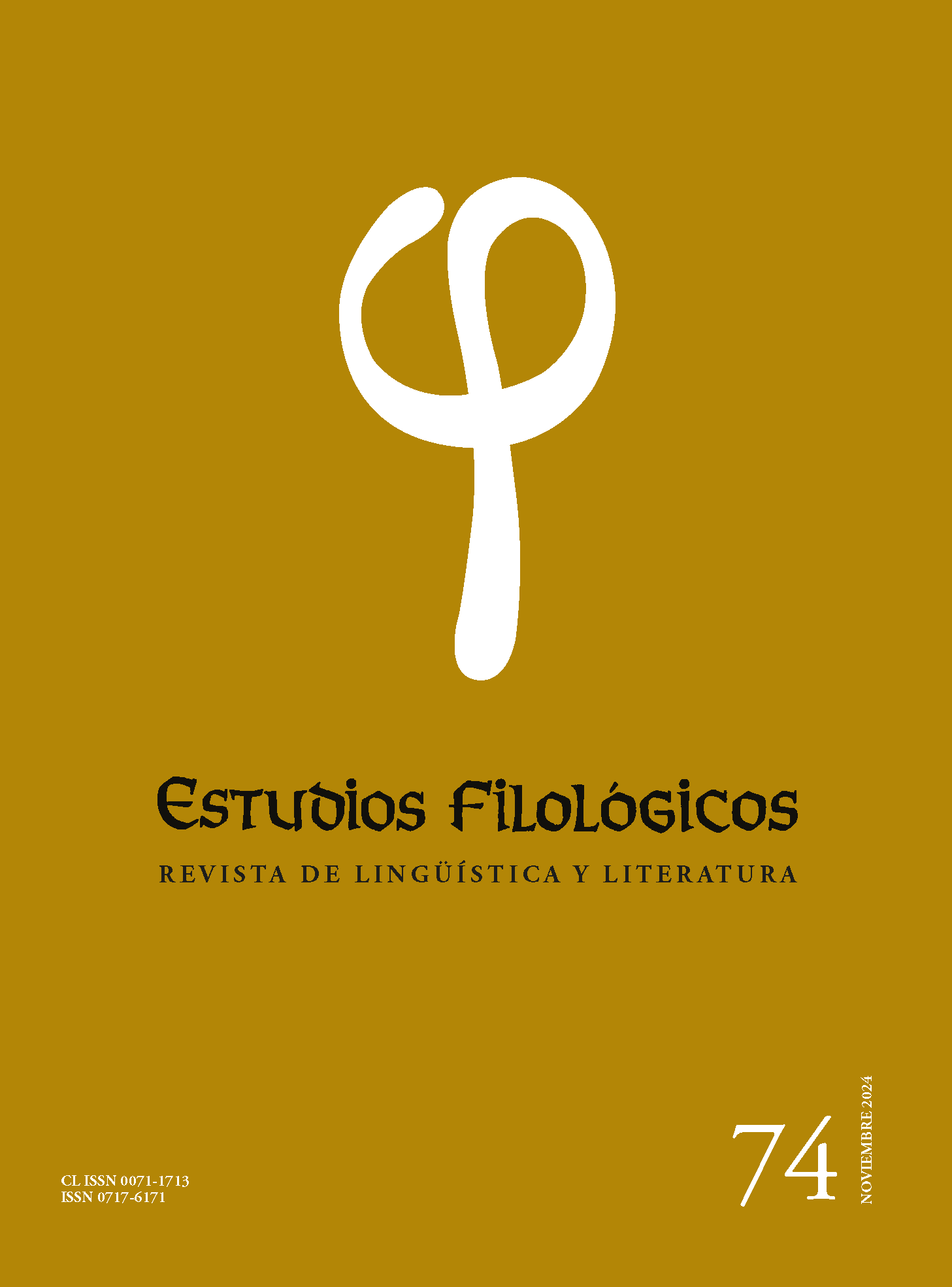Melancholy as Revolutionary Affectivity. Approaches to the Symbolic Force of the Commune
Main Article Content
Abstract
This article explores the symbolic and critical power that the event of the Paris Commune of 1871 possesses based on the relationship between melancholy and defeat, central marks of the affectivity that originates in the event and that subsequent history inherits. We propose to examine the emotional force of the revolution following ideas by Enzo Traverso and Georges Didi-Huberman in recent texts. To explore these links, we recover some of Walter Benjamin’s reflections that appear in the Passagenwerk, some ideas of Louise Michel, activist, poet and teacher, to finish with the reference to La Commune (Paris 1871), filmed by Peter Watkins between 1999 and 2000; 345-minute experimental film that sheds infinite reflections of revolutionary affectivity.

